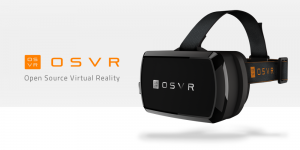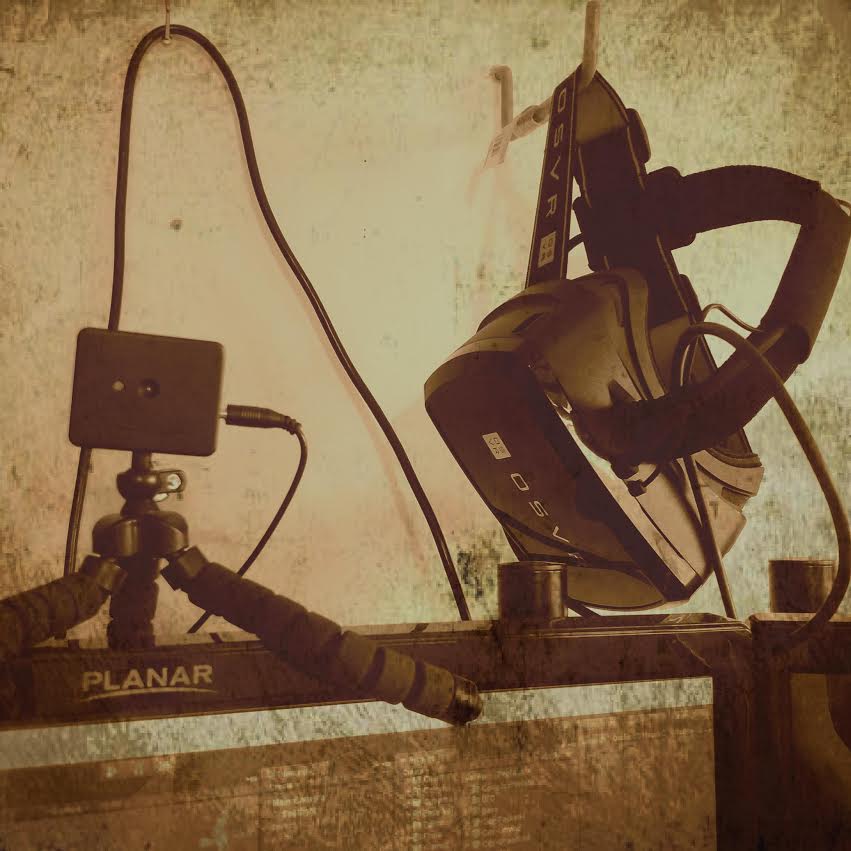I’ve posted a review on OSVR and the HDK (Hacker Dev Kit from Razer) previously on our sister site at FileArchiveHaven, but that was many months ago.
So, after 3 long months of development with the HDK – what are out thoughts?
In one word: Incendiary.
First off, I just want to say that Razer has been amazing to work with as well as Sensics – these two teams have really focused hard on making OSVR successful.
Our Verdict?
- If you are an end-user, purchase this – it is affordable.
- Just be aware the ecosystem is still growing.
- If you are a developer, focus on this – it supports almost every VR device available.
Here is the main problem
Every week another major company is jumping into VR (virtual reality).
I bet you didn’t know that Acer, and LG are already bringing forward VR products? As a developer, each one of these requires a specialized SDK that is suited only for their headset. This has resulted in an extremely fragmented, and extremely fractured, ecosystem.
What makes OSVR unique?
In our recent radio interview with CJSW (podcast should be available soon) we describe what has made OSVR perfect for us – its extremely affordable and it just works. Additionally, because it is open source, we can make as many changes and deviations as we need to make it work for us.
Support & Development
One scary thought for most companies right now, is how to support all the headsets out there.
OSVR is ambitious – its goal is to provide an abstraction layer as a VR SDK that is compatible with them all. As a developer, it means having access to a VR SDK that you write once and can use for all VR devices.
In other words, it lets developers use the same framework for a whole bunch of VR headsets.
The SDK’s are easy to work with, the gitter chat is a quick way to get support, and to be honest I dread every time I need to switch to a different headset to test out support. In fact it was my painful experience of trying to work with the Oculus Rift DK2 (and its SDK at the time) that led me to OSVR.

OSVR Compatible Headsets
OSVR means choices.
If you have an existing headset, you can code for that just fine. But if you are a new company or new developer, you don’t have to purchase expensive hardware to get started! You are testing your code on one headset, but it really should work on all of them. To keep lower costs, we chose to focus our core development on an OSVR native headset.
Hacker Development Kit
The HDK (hacker development kit) is an OSVR headset created by Razer, it is affordable ($299 USD) and tries to work on any hardware you put it on.
For us, it is perfect for flexibility.
This means we can code and work from a laptop, a desktop, or just about any device. And because it is running on OSVR, you can assume your code is portable to other VR headsets – after all, that is the purpose behind OSVR!
The Negatives
Nothing is perfect, and at $299, I don’t expect the HDK to be either.
The major issue right now facing OSVR is that it is still being adopted by developers. This means limited access to games and applications for commercial users.
I’ve also found that it can sometimes be a challenge to get something working perfectly when using games under frameworks such as Steam VR support.

